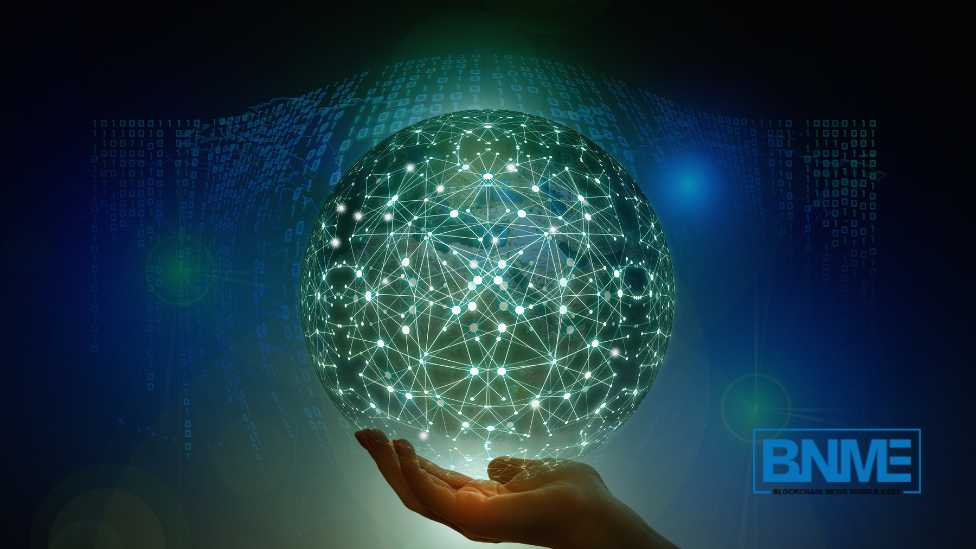Water scarcity is slowly becoming an issue in countries across the globe. The World Commission on Water predicts that during the next three decades, water demand will increase by 50%. Half of the world’s population, or 4 billion people, is predicted to experience severe water stress by 2025; these conditions are most common Africa, the Middle East, and South Asia.
There is an alarming trend in the Middle East. This involves the overuse of water. Certain Middle Eastern countries consume over 50% of the region’s natural water supply. This tendency seriously jeopardizes the region’s stability and potential for sustained development.
Sadly, about seven Middle Eastern countries are among the top ten most water-stressed in the world. This makes the region the water-poorest area in the world. According to World Bank research, 20% to 50% of the water supply in the Middle East and North Africa (MENA) area is lost due to leaks. Water shortage is predicted to cause economic losses in the MENA area by 2050 of between 6% and 14% of GDP.
Also, to compound the problem, the World Bank predicts that severe water shortages brought on by climate change might cause significant economic losses for MENA countries by 2050, amounting to between 6% and 14% of GDP. As a result, these conditions have forced Middle Eastern countries to embrace innovative and revolutionary approaches to address their water-related issues.
Water innovation has seen the Middle East take the lead globally, especially in desalination, water treatment, wastewater management, and the effort to decarbonize the water industry. Due to its unique water shortage, the Middle East—which is located at the meeting point of three continents—needs innovative solutions quickly in order to meet the region’s growing population needs.
The use of blockchain technology to improve water quality management has gained traction recently. With the use of this technology, data on water quality might be securely recorded and shared in real-time among interested parties.
Blockchain technology can create a decentralized, transparent system for gathering, exchanging, and managing data on water usage and quality. The technology can track the quality of the water and efficiently monitor the release of contaminants into rivers at various points throughout the water’s path. Assessing the condition of waterways and quickly resolving new problems may be made possible with the use of such information.
Blockchain and Transfer of Water Rights
Blockchain technology can provide a transparent and safe way to monitor water consumption and transfer water rights. Blockchain can promote responsible water consumption by maintaining responsibility between right holders and avoiding over-extraction or improper management of this essential resource.
Blockchain and Water-related Transactions
Smart contract automation of water payments guarantees accurate and timely transactions, eliminates corruption concerns, and assures that water resources are valued accurately.
Blockchain, Water, and Data Management
Blockchain technology can provide real-time water quality management and monitoring. Blockchain provides an updated picture of water quality based on sensor-derived data. Having data can help in the early identification of any problems before they become more serious.
Takeaways
Blockchain technology has shown to be useful in different industries. One area that has not been explored is the use of water conservation and management. Blockchain has the potential to help Middle Eastern countries solve their water problems.




























